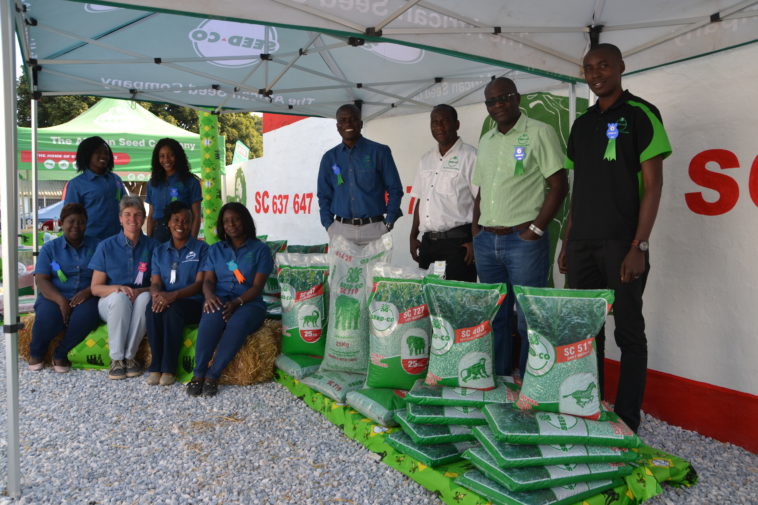SeedCo records spike in demand
LISTED seed producer, SeedCo Limited says improved rainfall and Government programmes aimed towards ensuring food security saw a spike in maize and soya bean seed demand.
The high seed demand comes against the backdrop of the country achieving food self-sufficiency due to the Government’s cocktail of interventions to boost agricultural production.
This led to the agricultural sector producing surplus for export and the country receiving more than 350 000 tonnes of maize export requests.
The success being recorded in the sector is a result of the Government’s Agriculture and Food Systems Transformation Strategy, which has managed to propel the country’s food production through increased productivity and maximum land utilisation.
In abridged company audited results for the year ended 31 March, SeedCo Limited said despite unprecedented challenges facing the global economy, the unavoidable need to focus on food security places it in a better position to leverage its strong brand and intellectual property to actively participate in enhancing primary food production to plug supply gaps.
“Maize and soybean seed sales volumes increased by 12 percent and 49 percent from prior year respectively driven by the heightened seed demand due to improved rainfall received and Government programmes aimed towards ensuring food security supplemented by export opportunities across the region,” it noted.
SeedCo
Under the Agriculture and Food Systems Transformation Strategy, the country has managed to reverse the negative trends of food production in the country experienced since the land reform programme.
Seed Co Limited revenue increased 56,5 percent to $ 42,7 billion.
In the period under review, the seed producer said revenue growth recorded was on the back of 14 percent increase in sales volumes and selling price adjustments in response to inflation-induced increases in operating costs, as well as the general effects of exchange rate fluctuations.
SeedCo Limited noted that during the year under review, the business continued to contribute positively to improved food security, enhanced agricultural productivity, empowering smallholder farmers, conservation of biodiversity and employment generation and empowerment of local communities.-chronicle









